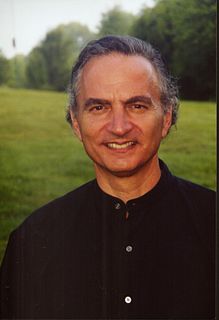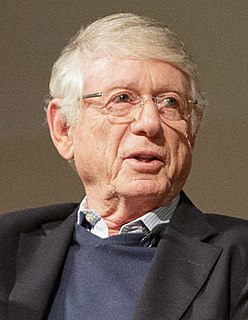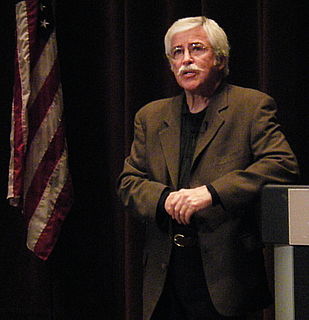A Quote by Amitava Kumar
I identify in some measure with each of my characters.
Quote Topics
Related Quotes
I could characterize nearly any spiritual practice as simply this: identify and quit, identify and quit, identify and quit. Identify the myriad forms of limitation and delusion we place upon ourselves, and muster the courage to quit each one. Little by little, deep inside us, the diamond shines, the eyes open, the dawn rises, we become what we already are.
I think that in some ways 'Climax' is easier to digest than my other movies because the characters are easier to identify with. You love them because they're young, they're great dancers, they're beautiful, and they are willing to construct something. They're not losers like most of the characters of my previous movies.
The saying of Protagoras is like the views we have mentioned; he said that man is the measure of all things, meaning simply that that which seems to each man assuredly is. If this is so, it follows that the same thing both is and is not, and is bad and good, and that the contents of all other opposite statements are true, because often a particular thing appears beautiful to some and ugly to others, and that which appears to each man is the measure






































